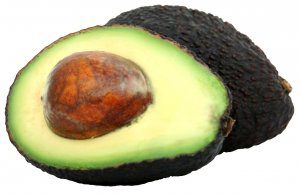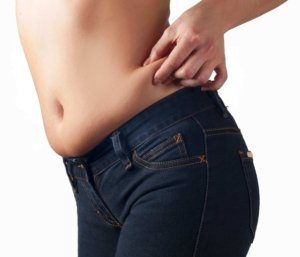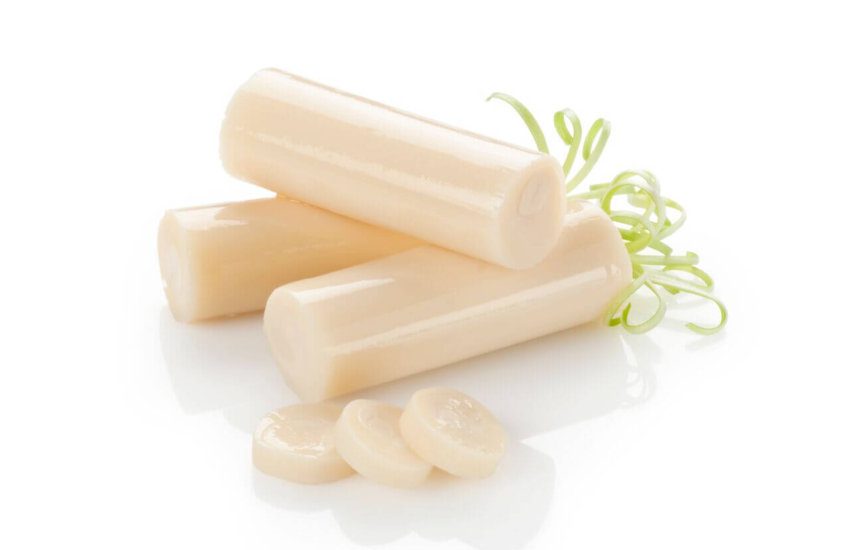Burning Calories vs. Burning Fat Calories! All you need to know
Burning Calories vs. Burning Fat Calories
If you are like most people, then when you start your fitness journey, one of your goals is to lose body fat and improve your body composition. Just like most people, you want to lose fat so that you can look and feel better. Unfortunately, reducing your caloric intake and increasing the amount of exercise you do will not guarantee losing fat. Losing fat is not always as simple as eating less and exercising more.
In addition to doing enough exercise, you must also eat the right foods to contribute to your fat loss journey. Furthermore, it would be best to reduce your consumption of foods that hinder your body’s ability to lose fat.
Let’s take a closer look at how not all calories are created equal, the role that carbohydrates and glycogen play in your body’s inability to burn fat calories, as well as how to burn fat.
Not All Calories are created equal!
Without a doubt, not all calories are exactly the same. For example, the calories that you get from a handful of almonds are not the same as the calories that you take in from eating a handful of chips. Therefore, it is not just the amount of calories that you should consider when choosing what to eat as you are trying to lose fat.
You must also consider the type of calories that you are taking in. Depending on where your calories come from, your body goes through different processes to burn them, some of which burn only glycogen while others burn fat.
Furthermore, all the different foods that you consume stimulate different hormones within your body, which may have an effect on your cravings and eating patterns. Not only that, but also calories from natural protein sources take more energy to metabolize than calories from carbohydrates and fats. This means that eating more protein but fewer carbohydrates and fats will increase your metabolism and enable you to lose more fat in the process.
Although both proteins and carbohydrates contain four calories per gram, they are most definitely not metabolized in our bodies the same way.
 Additionally, one gram of fat contains nine calories per gram but eating healthy sources of fats will not hinder your weight loss journey. Some examples of healthy sources of fats include avocadoes, nuts, fatty fish, and chia seeds.
Additionally, one gram of fat contains nine calories per gram but eating healthy sources of fats will not hinder your weight loss journey. Some examples of healthy sources of fats include avocadoes, nuts, fatty fish, and chia seeds.
Carbohydrate Consumption and Glycogen
The amount of carbohydrates you consume has an effect on your body’s ability to burn fat. Carbohydrates are the body’s preferred energy source, particularly when you are exercising. Therefore, if you consume too many calories from carbohydrates throughout your fat loss journey, you will not be able to lose fat effectively.
Carbohydrates also get converted to glycogen, which gets stored in your muscles as well as your liver.
The average person can store approximately 500g of glycogen in their muscles for future use. Furthermore, if your glycogen stores are too full, your body converts excess carbohydrates to fat. The fat then gets stored somewhere on your body, such as your belly, butt, and thighs.

Therefore, if you eat too many foods which are sources of simple carbohydrates, then you will overload your glycogen stores and end up with extra fat on your body. Some examples of simple carbohydrates include cakes, cookies, candy, doughnuts, and white bread.
Consuming carbohydrates before, during, or immediately after your workout will have a negative impact on your ability to burn stored fat. This is because when you consume carbohydrates, you provide your body with easy access to energy so that it doesn’t need to turn to your stored fat to fuel that workout. Therefore, you end up just burning calories during your workout without burning fat calories.
Now that we know how carbohydrates impact our ability to burn fat, let’s take a closer look at how we can burn fat calories.
How to Burn Fat?
To lose fat, in addition to regular exercise, you must focus on reducing your intake of processed carbohydrates and sugars, such as white bread, cookies, and candy.

Exercising regularly means that you should get an average of 30 to 60 minutes of physical activity per day, depending on your current fitness level. Over time, you should increase the intensity or the duration of your physical activity so that you can burn more calories from fat.
However, burning fat calories requires much more than just regular workouts. To burn fat calories, you need to deplete your glycogen stores so that your body turns to stored fat as fuel.
Reducing the number of carbohydrates you consume will force your body to use ketones as fuel instead of glycogen. (1) Your body produces ketones when it breaks down fat molecules once carbohydrates are no longer available to use as a source of fuel.
It’s also important to note that our bodies typically store more fat than glycogen, which means that it takes a long time for us to access and use up our fat stores. However, if you are constantly replenishing your glycogen stores too quickly, then your body does not get the chance to burn fat calories.
At the same time, you should not completely eliminate all carbohydrates from your diet because some foods that contain carbohydrates also contain fiber and other healthy nutrients. As you can see, limiting your carbohydrate intake is not the same as completely eliminating all carbohydrates.
Sum this up!
As you can see, not all calories are the same. Although you may think that eating less fat will help you lose fat, it is the source of fat that needs to be considered. Furthermore, since carbohydrates provide our bodies with more readily available sources of energy for exercise and for daily life, limiting our carbohydrate intake will ultimately force our bodies to look for alternate sources of fuel.
Depleting your glycogen stores will force your body to use stored fat as fuel. This is because once you are out of glycogen, your body will break down your stored fat and form ketones, which will then be used for energy. Therefore, reducing your consumption of simple carbohydrates and sugars will help your body burn more calories from stored fat.
If you still have any questions, concerns, or a personal story, feel free to comment your thoughts down below.


